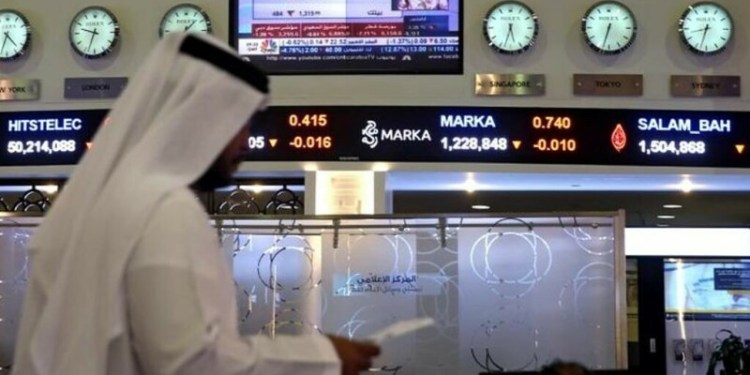JOHANNESBURG: South Africa’s rand firmed on Tuesday as the dollar weakened after U.S. President Donald Trump criticised the head of the Federal Reserve for raising interest rates.
At 1550 GMT the rand was 1.27 percent firmer at 14.3450 per dollar, its firmest since Thursday, in what traders said was the beginning of a consolidation pattern with momentum indicators showing the unit was oversold.
The rand crashed to a two-year low last week as the financial crisis in Turkey rattled emerging markets broadly, adding to concerns about the impact of the U.S.-China trade spat on global economic growth.
In an interview with Reuters, Trump said he was “not thrilled” with Federal Reserve Chairman Jerome Powell for raising interest rates, clobbering the dollar.
The impact of Trump’s comments on U.S. monetary policy outweighed him saying that he was not anticipating much from this week’s trade talks between the United States and China. Investors are hoping that the discussions will go some way towards resolving the damaging dispute.
Locally, market focus was on July consumer price inflation data due on Wednesday.
“Tomorrow’s inflation data for July is likely to illustrate whether and to what extent the rand depreciation of the past few months will be reflected in higher consumer prices despite the weaker economy,” Commberzbank analysts said in a note.
“If inflation was to come in above expectations this would probably fuel rate hike expectations, which might support the rand. Conversely a weaker-than-expected rate might provide additional depreciation pressure for the rand.”
Bonds also firmed, with the yield on the benchmark 2026 paper down 5 basis points to 8.985 percent.
The blue chip top 40-index closed little changed at 51,126 points while the all-share index was largely steady at 57,187 points.
The gold index, however, rose 2.37 percent as the bullion prices touched a one-week high on weaker dollar.
Harmony Gold’s shares were up 2.47 percent –tracking the gold price — despite posting a 43 percent fall in annual earnings on Tuesday, hurt by impairments and a loss relating to debt denominated in U.S. dollars, and a setback to its safety record.
Africa’s biggest grocer Shoprite bucked the trend as shares fell more than 4 percent after it reported its first annual earnings decline in 19 years, due to a currency devaluation in Angola and a lacklustre showing in its home South African market and elsewhere on the continent.
Source: Brecorder


























